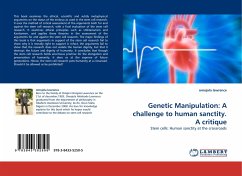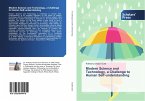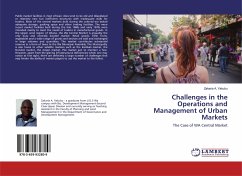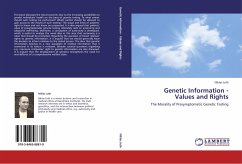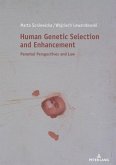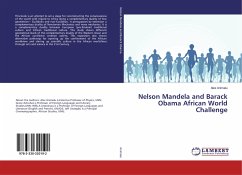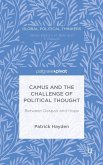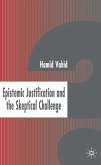This book examines the ethical, scientific and subtly metaphysical arguments on the status of the embryo as used in the stem cell research. It uses the method of critical assessment of the arguments both for and against the stem cell research, with a final evaluation of the stem cell research. It examines ethical principles such as Utilitarianism and Kantianism, and applies these theories in the assessment of the arguments for and against the stem cell research. The major findings of this book is that arguments in support of the stem cell research fail to show why it is morally right to support it. Infact, the arguments fail to show that the research does not violate the human dignity, but that it destroys the future and dignity of humanity. It concludes that though the stem cell research holds enormous promise for the elongation and preservation of humanity, it does so at the expense of future generations. Hence, the stem cell research puts humanity at a crossroad. Should it be allowed or be prohibited?
Bitte wählen Sie Ihr Anliegen aus.
Rechnungen
Retourenschein anfordern
Bestellstatus
Storno

